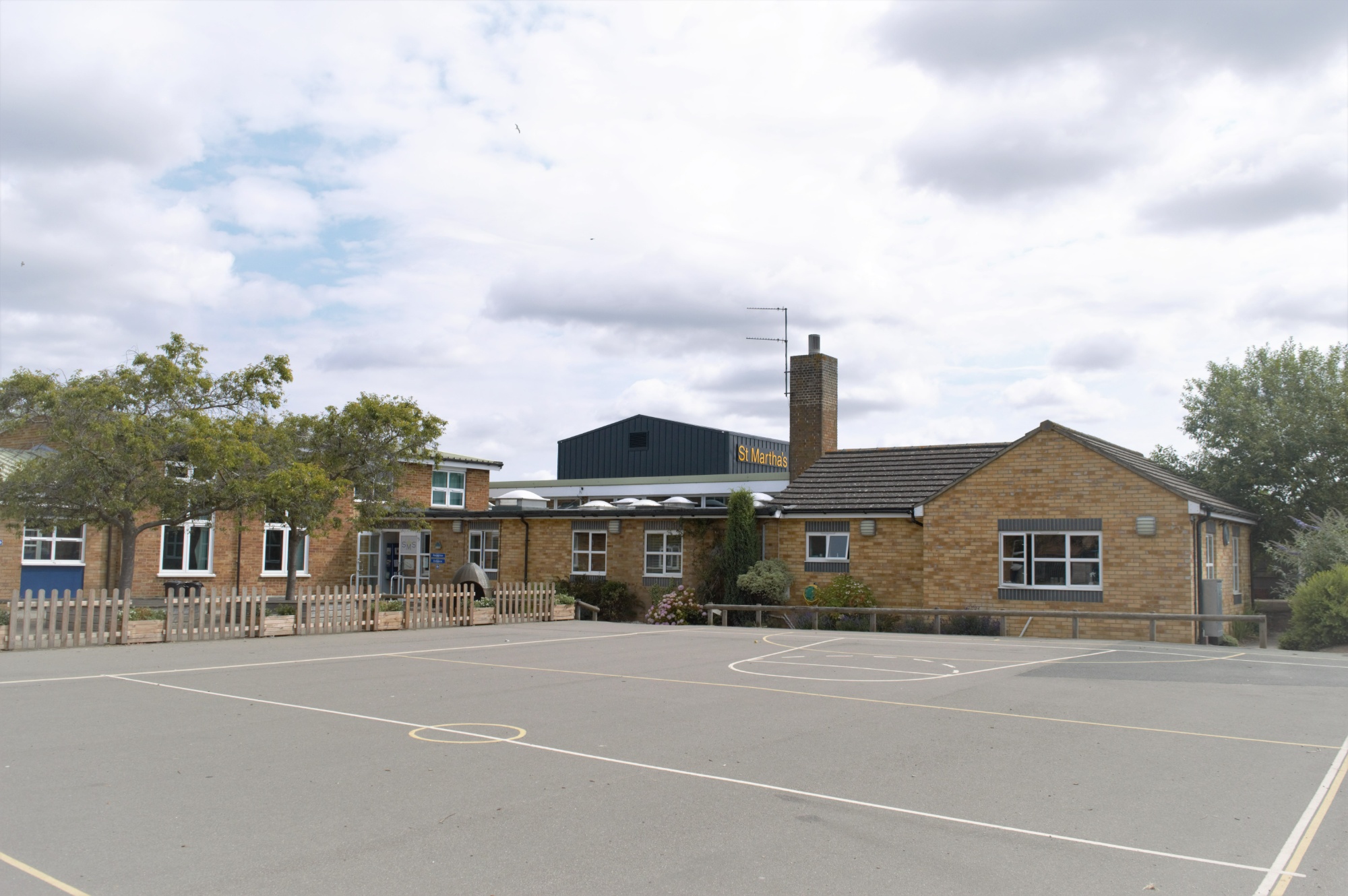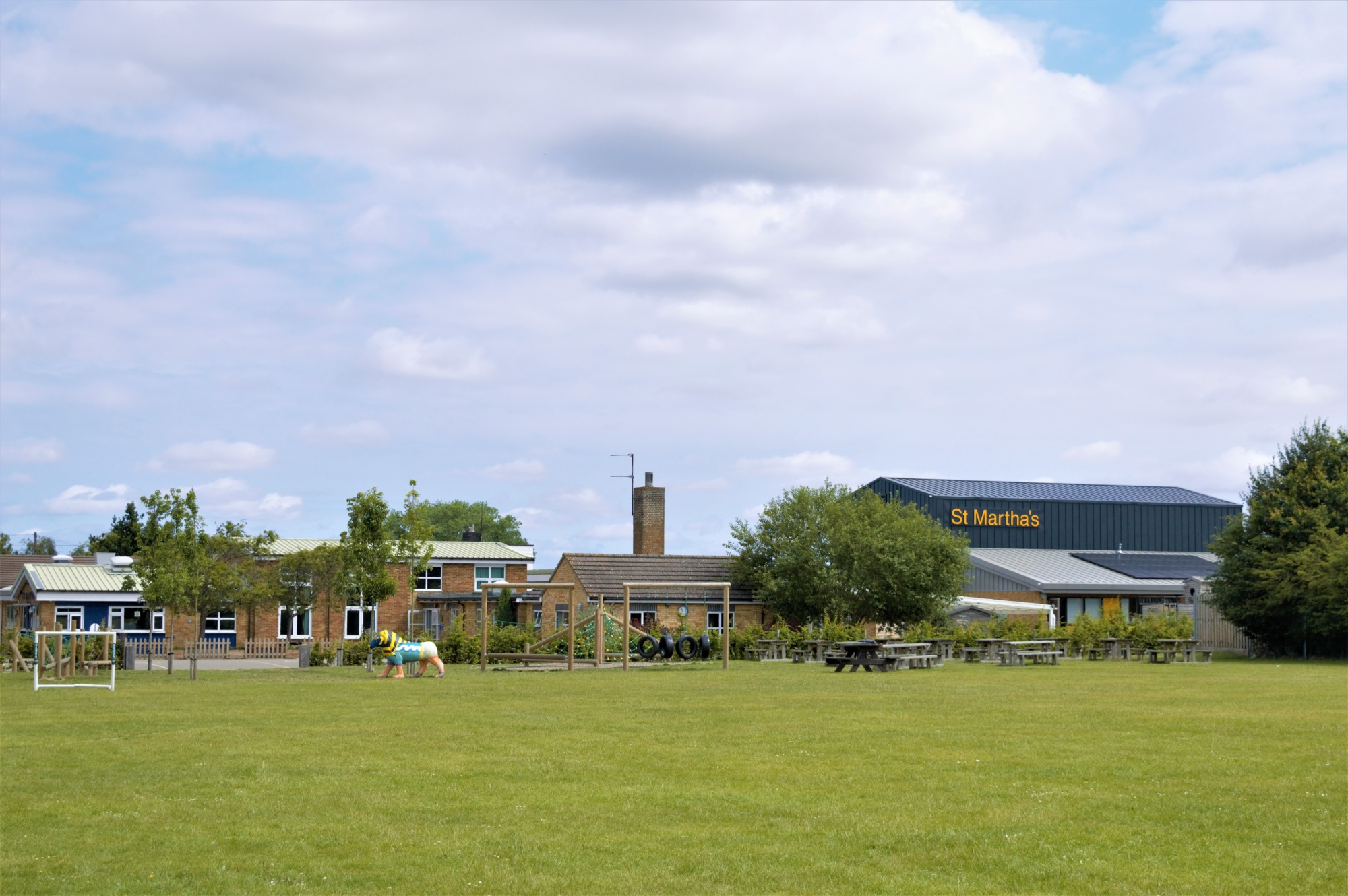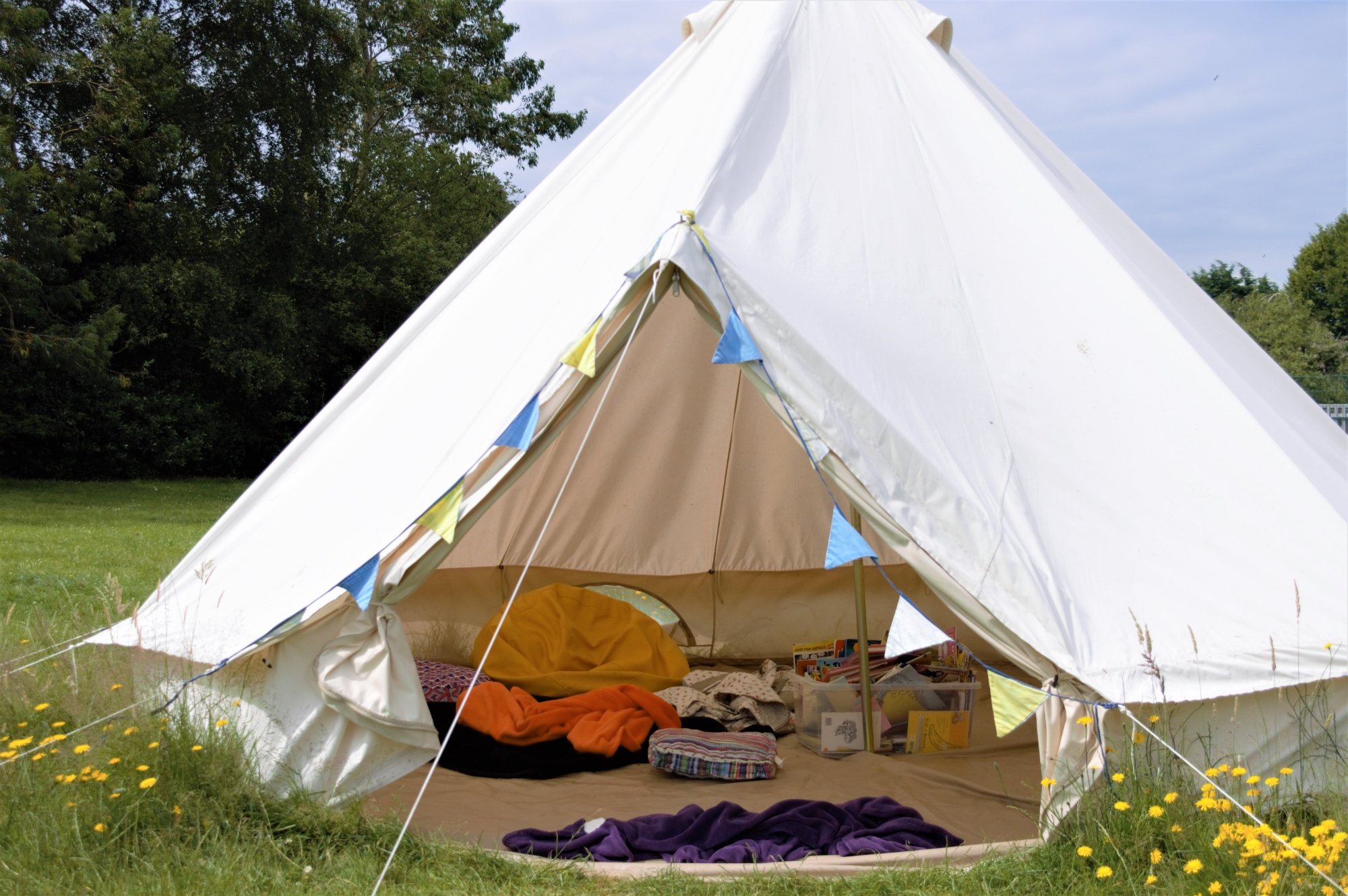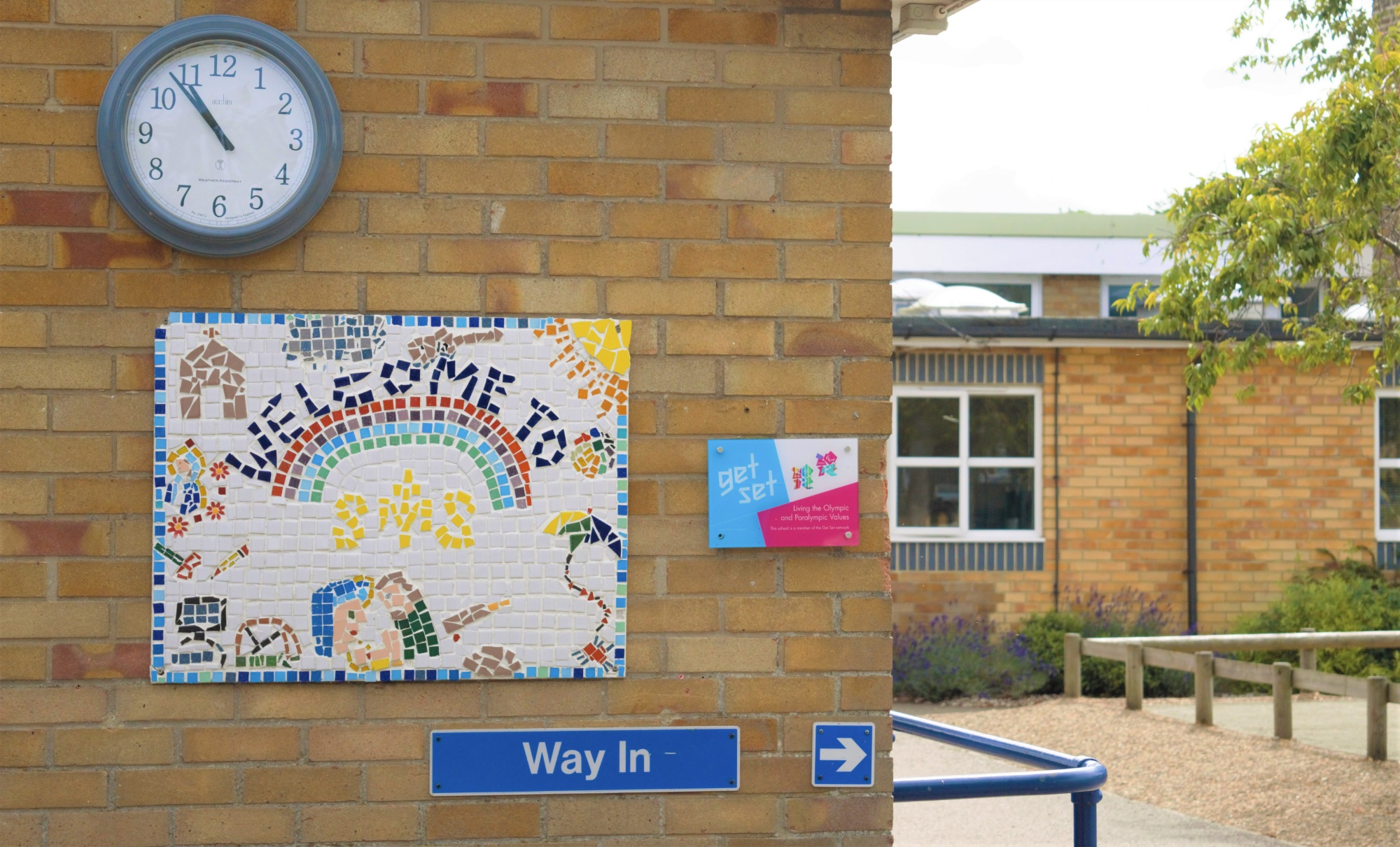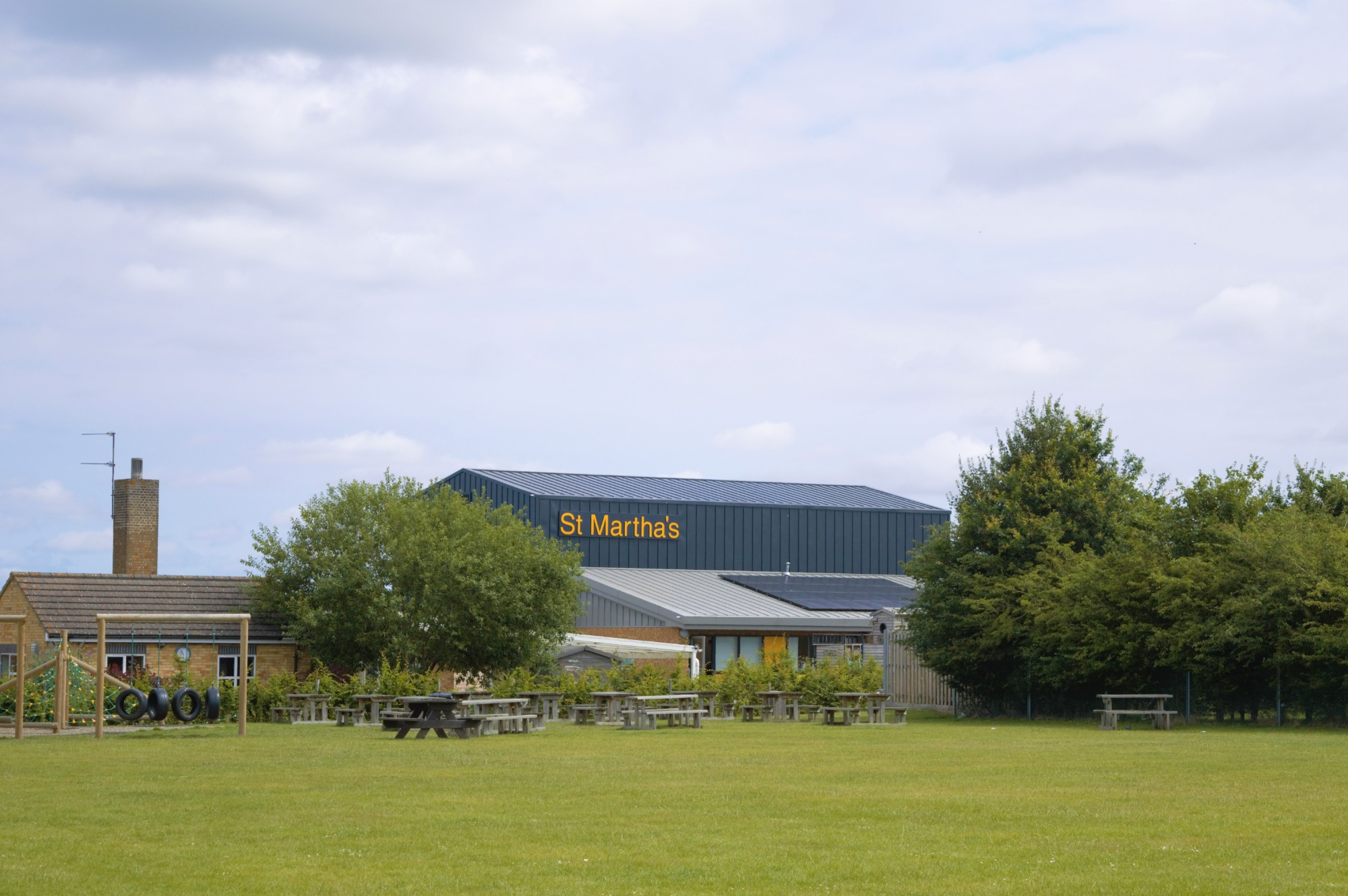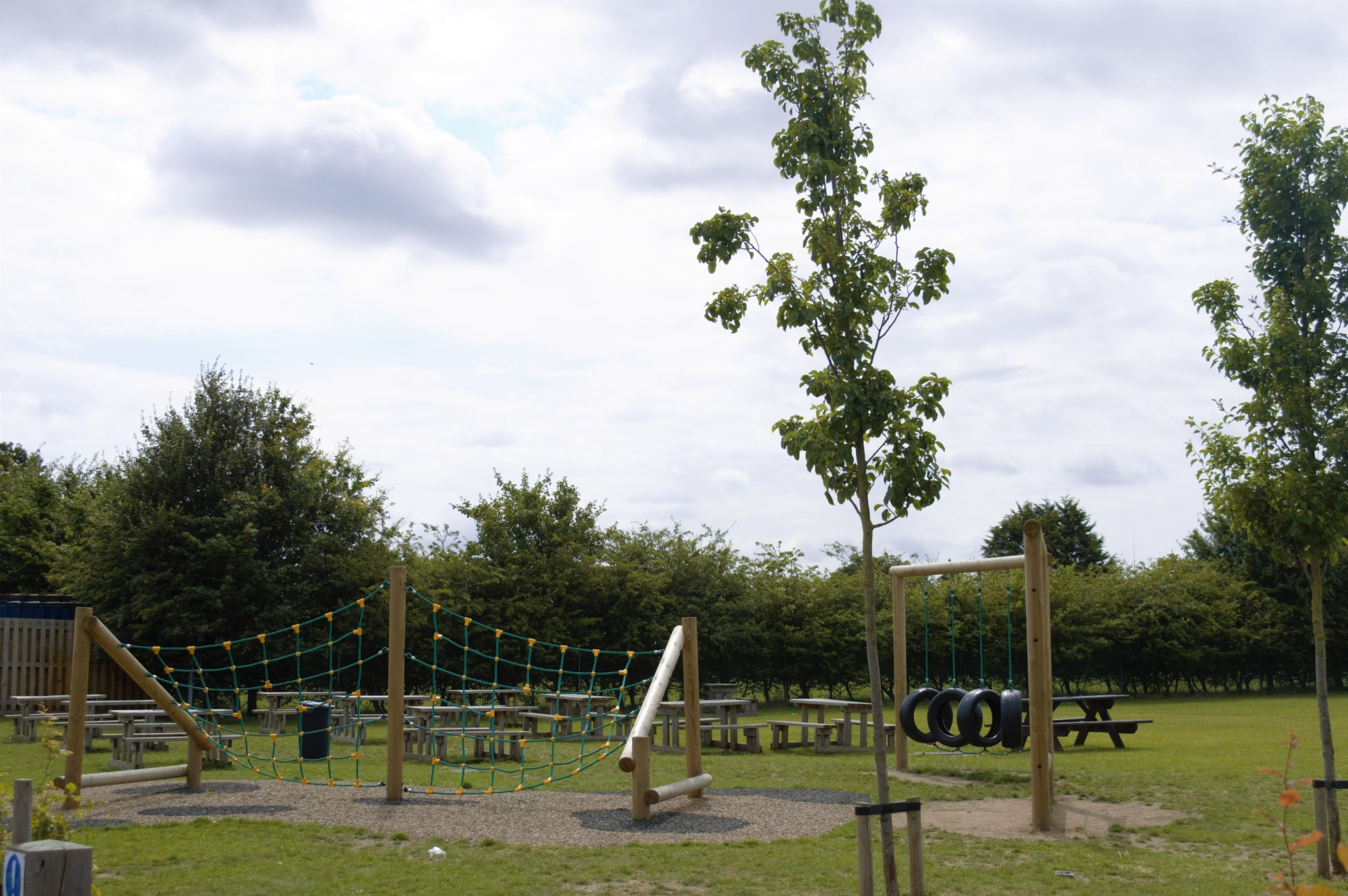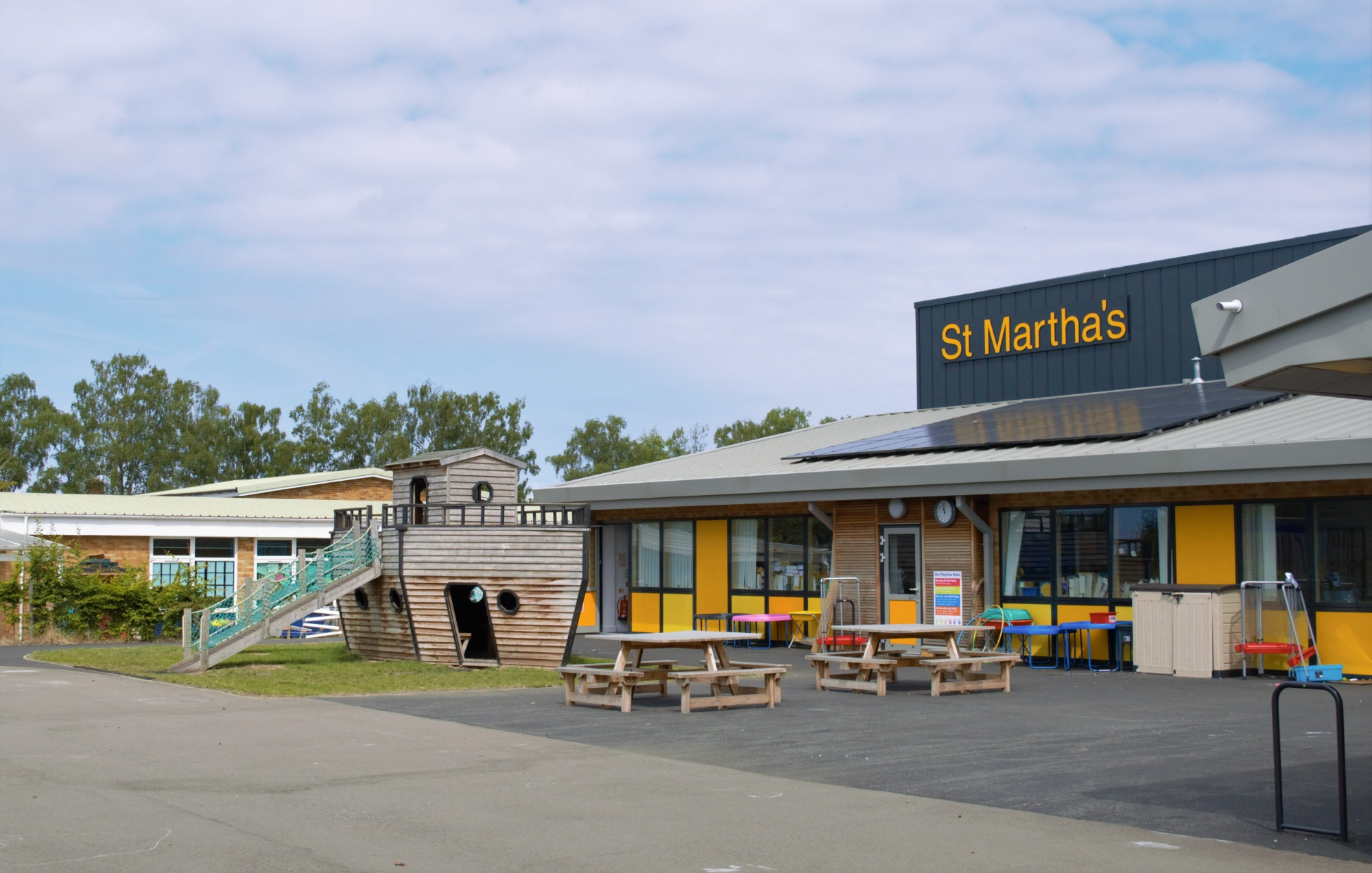Medications and Allergies
At St Martha's we take great care to ensure that our children and staff are safe. Please remember that we are a nut free school so the children should not be bringing in any nuts or foods that contain nuts for example Nutella products.
Please find below our procedure for administing medicines at school.
PROCEDURE FOR THE ADMINISTRATION OF MEDICINES
National Context
All schools are expected to develop policies on managing medicines, and to put in place effective management systems to support individual children with medical needs. Positive responses by schools and settings to a child’s medical needs will not only benefit the child directly, but can also positively influence the attitude of their peers.
School Context
The purpose of this procedure is to put into place effective management systems and arrangements to support children and young people with medical needs in our school and to provide clear guidance for staff and parents/carers on the administration of medicines. This procedure statement must be considered in conjunction with other relevant policies, for example Health and Safety.
Roles and Responsibilities
School Staff: All members of staff have a duty to maintain professional standards of care and to ensure that children and young people are safe. Our school will monitor and review individual needs and administer medicines in order to meet the all-round needs of the child. There is no legal duty requiring staff to administer medication or to supervise a child when taking medicines. This is a voluntary role.
The Headteacher, in consultation with the Governing Body, staff, parents/carers, health professionals and the local authority will decide whether our school can assist a child with medical needs.
The Headteacher is responsible for:
· Implementing the procedure on a daily basis;
· Ensuring that the procedures are understood and implemented;
· Ensuring appropriate training is provided;
· Making sure that there is effective communication with parents/carers, pupils, staff and all relevant health professionals concerning pupils’ health needs. Staff, including supply staff, will be informed of any pupil’s medical needs where this is relevant and of any changes to their needs as and when they might arise.
Parents/Carers:
It is the responsibility of parents/carers to:
· Inform the school of their child’s medical needs
· Provide any medication in a container clearly labelled with the following: The child’s name. Name of medicine. Dose and frequency of medication. Any special storage arrangements
· Collect and dispose of any medications held in school at the end of each term
· Ensure that medicines have NOT passed the expiry date.
Pupil Information
At the start of each school year, parents/carers should give the following information about their child’s long term medical needs. THE INFORMATION MUST BE UPDATED AS AND WHEN REQUIRED AND AT LEAST ANNUALLY.
· Details of pupil’s medical needs;
· Medication including any side effects;
· Allergies;
· Name of GP/Consultants;
· Special requirements e.g. dietary needs, pre-activity precautions;
· What to do and who to contact in an emergency;
· Cultural and religious views regarding medical care.
Administering Medication
We expect parents/carers to administer medication to their children at home. No medication will be administered without prior written permission from the parents/carers including written medical authority if the medicine needs to be altered (e.g. crushing of tablets).
A Request to Administer Medication Form must be completed. Staff members are not legally required to administer medicines or to supervise a pupil when taking medicine. This is a voluntary role. The Headteacher will determine if medication is to be administered in school, and by whom, following consultation with staff. All medicine will normally be administered during breaks and lunchtimes. If, for medical reasons, medicine has to be taken during the day, arrangements will be made for the medicine to be administered at other prescribed times.. Any member of staff, giving medicine to a pupil, should check on each occasion;
· Name of pupil;
· Written instructions provided by the parents/carers or doctor;
· Prescribed dose;
· Expiry date
When the member of staff has administered the medication it will be recorded and a witness signature is required.
Written permission from parents/carers will be required for pupils to self-administer medicine(s). A ‘Request to Self- Administer Medication Form’ must be completed.
Carrying Medicines
For safety reasons, pupils are not allowed to carry medication. All medicines must be handed to a member of staff on entry to the school premises by the parent or carer with the relevant form completed.
Storage
All medicine, in the care of the school, will be kept locked in fridge or cabinet in medical room. All medicine will be logged onto the schools’ file.
Pupil’s inhalers and Epi Pens which must be labelled with the pupil’s name will be stored in the child’s classroom. Inhalers and other medicines must be labelled with the required dosage and must be returned to parents when they run out of date. In each classroom the location of this medication is indicated with a green and white cross logo.
Records
Each time medication is given to a child, a member of staff, will complete and sign a record sheet, kept in the first aid room.
These sheets record the following:
· Name of pupil;
· Date and time of administration;
· Who supervised the administration;
· Name of medication;
· Dosage;
· A note of any side effects;
· If medicine has been altered for administration (e.g. crushing tablets) and authority for doing so.
Refusing Medication
If a child refuses to take their medication, no member of staff will force them to do so. Parents/carers will be informed as soon as possible. Refusal to take medication will be recorded and dated on the child’s record sheet. Reasons for refusal and any action then taken by the staff member will also be recorded.
Training
Training and advice will be accessed from health professionals for staff involved in the administration of medicines. Training for all staff will be accessed on a range of medical needs, including any resultant learning needs as and when appropriate. Details of all training will be recorded.
Health Care Plan
When appropriate a personal Health Care Plan, will be drawn up in consultation with school, parents/carers and health professionals. The Health Care Plan will outline the child’s needs and the level of support required in school. Health Care Plans will be reviewed at least annually.
Intimate or Invasive treatment
No intimate or Invasive treatment will take place in school. If a child needs this sort of care throughout the school day, a parent, carer or medical professional must come in to school to administer the treatment.
Educational Visits
To enable, as far as possible all pupils to have access to all activities and areas of school life, a risk assessment will be undertaken to ensure the safety of all participants in educational visits. No decision about a child with medical needs attending/ not attending a school visit will be taken without prior consultation with parents/carers.
Residential Visits
Sufficient essential medicines and appropriate health care plans will be taken and controlled by the member of staff supervising the visit. If additional supervision is required for activities e.g. swimming, we may request the assistance of the parent/carer.
Emergency Procedures
The Headteacher will ensure that all members of staff are aware of the school’s planned emergency procedures in the event of medical needs.

